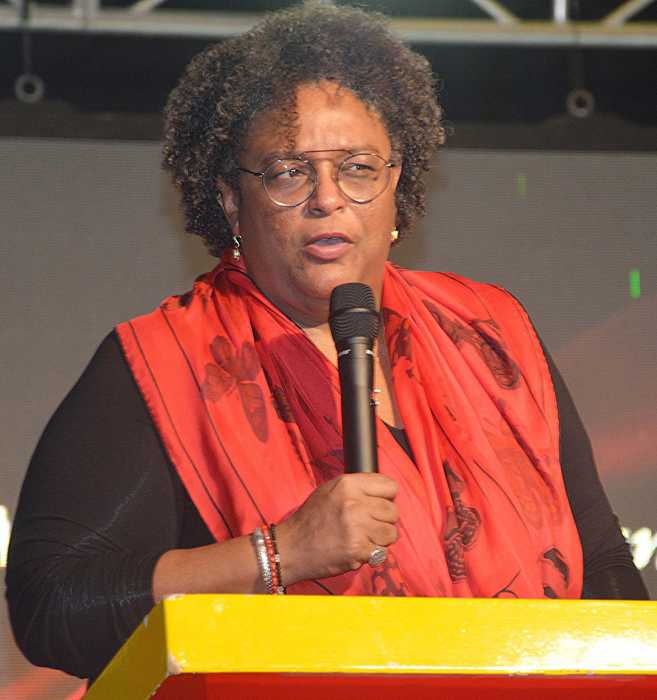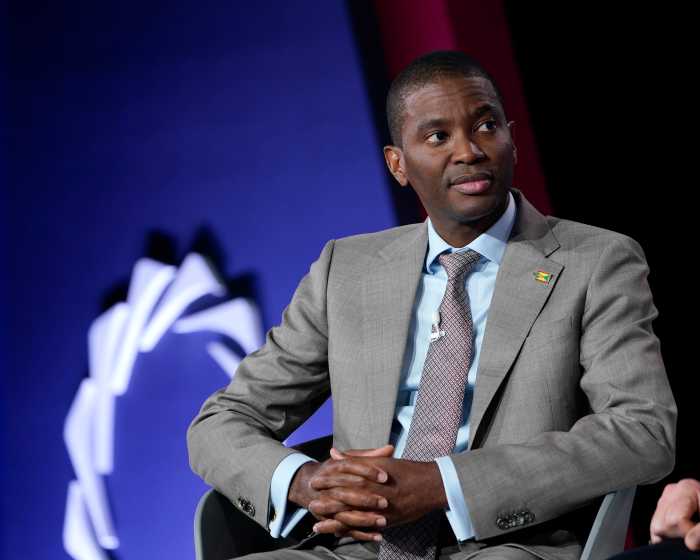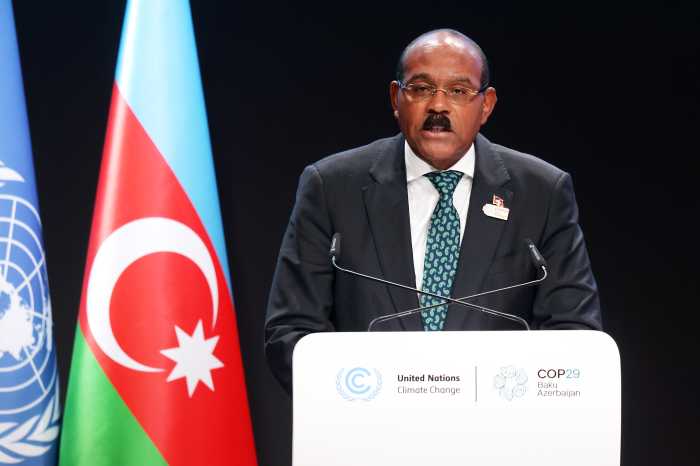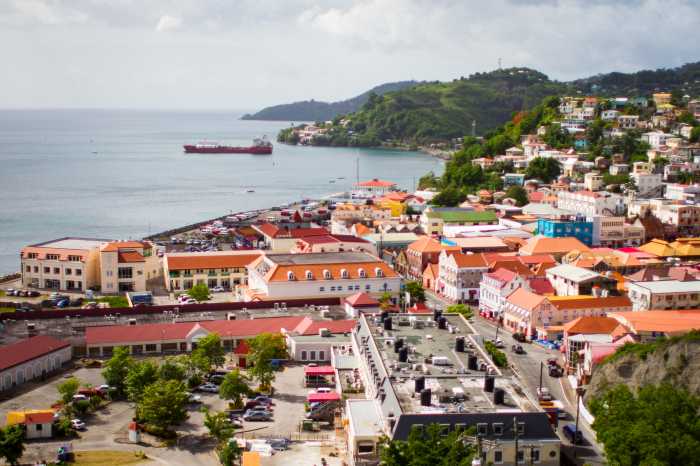Antigua
The Antigua government is moving to source equipment to help in the fight against the sargassum seaweed.
This follows a request made to Martinique at the recently concluded Organization of Eastern Caribbean States (OECS) meeting of the Council of Ministers of Environmental Sustainability in Montserrat, for assistance in identifying the suitable equipment.
Martinique was asked, as they are more experienced than other OECS member states in dealing with this issue, according to Environment Minister Molwyn Joseph.
He said his ministry is expected to receive the recommended equipment soon.
The minister said the objective, before the next tourism season, is to make significant progress in cleaning up the beaches and to implement some of the measures that were agreed to at the meeting.
Joseph said the issue of sargassum should be considered urgent because of the severe impact on, not only the tourism industry, but the lifestyle and livelihood of the people of the Caribbean.
One of the agreements coming from the environmental ministers meeting was that barriers should be erected around beaches to keep the sargassum away from the shores and conduct cleaning behind the barriers.
The sargassum seaweed has forced the closure of several hotels on the country’s coastline. It has also affected marine life.
Barbados
Prime Minister Mia Mottley has said the government will not be going after any of its predecessors for alleged wrongdoing.
Contrary to a commitment made by Attorney General Dale Marshall, QC, Mottley said her administration “will not be consumed by vengeance.”
However, she said if clear information and or evidence is brought to prove corruption, her administration intends to investigate.
Indicating that some Barbadians may want “blood,” Mottley sympathized with those people whom she claimed felt aggrieved and angered by perceived plundering.
And while she said that she struggled with those feelings, for her it was not about vengeance but rather about setting a line in the sand for accountability.
She made the comments in the House of Assembly during the recent debate on the Integrity in Public Life Bill, 2018.
The prime minister said that whatever justice is pursued it has to be done on the basis of evidence.
Grenada
The Grenada Central Statistical Office (CSO) has said it will be conducting more labor force surveys within the year instead of one annual exercise.
According to a press release from the Ministry of Finance, this is in response to the increasing data needs of Grenada and the region.
The CSO said it will be increasing the frequency of conducting its Labor Force Surveys (LFS) from once a year to four times a year or once every quarter.
The quarterly survey, which started recently will divide the working-age population into three mutually exclusive classifications — employed, unemployed and not in the labor force, and access level of poverty in Grenada using the multi-dimensional approach to poverty measurement.
The release said the LFS data are used to produce the well-known unemployment rate as well as other standard labor market indicators such as the employment rate and the participation rate.
The LFS also provides employment estimates by industry, occupation, public and private sector, hours worked and much more.
A Labor Force Survey is a household sample survey that provides estimates of employment and unemployment.
Guyana
Guyana has reported a 43 percent increase in rice exports in the first half of this year.
This was disclosed by General Manager of the Guyana Rice Development Board (GRDB) Nizam Hassan who said that the figures compared to the first half of 2018 the total volume that was exported is 290,000 tons which is 43 percent more than the 203,000 more than exported during the first half of 2017.
The increase has so far earned the country Guy$23.2 billion (US$111) million) this year against the value of the export for the first half of 2017 which was Guy$16.1 billion (US$77 million).
Hassan credited the increase to the determination of rice production targets and, more so, Guyana’s access to new markets, particularly in Latin America.
He noted exports to Latin America jumped by 215 percent in the first half of 2017 with 64,000 tons as against 202,000-plus tons in the first half of 2018.
GRDB general manager said approximately 99 percent of the country’s rice lands cultivated have been harvested.
Hassan added that for the first crop of 2018, approximately 508,000 tons of paddy was produced, equivalent to 330,000 tons of rice.
St. Lucia
St. Lucia’s Prime Minister Allen Chastanet said that although the Caribbean is the most dependent region in the world on tourism, it is only scratching the surface.
Chastanet, a former tourism minister, was at the time addressing the recent opening of the 6th annual St. Lucia showcase-North America.
He said if a survey was carried out on where people would want to go on vacation, 99 percent would say the Caribbean, but only one and a half percent of them ever end up on the Caribbean.
According to the prime minister, St. Lucia has decided to start to improve its delivery at the airport.
He announced that a loan for a new airport for St. Lucia has been approved and that the construction would start this fall.
The new airport, he said, is going to have the capacity of one and a half million passengers.
Trinidad
Trinidad and Tobago-owned Caribbean Airlines Limited (CAL) has reduced its losses by TT$120 million for the first six months of 2018 (January to June) compared to the same period last year.
The airline said in a statement that revenue is up 19 percent, by TT$210 million.
CAL has been able to improve its financial performance despite a 32 percent hike in fuel costs.
The airline’s CEO Garvin Medera said the results were because of CAL’s focus on customer experience and more of efficient use of resources and route network.
Included in its increased profitability, the airline reported higher revenues and profits from its line cargo and freighter operations; increased airbridge capacity; and more regional and international passengers.
The company also introduced a new route to Havana, Cuba in January.
The last time CAL released its financial statements was in 2015, when it reported a US$60 million loss for the financial year 2014.
— compiled by Azad Ali

























